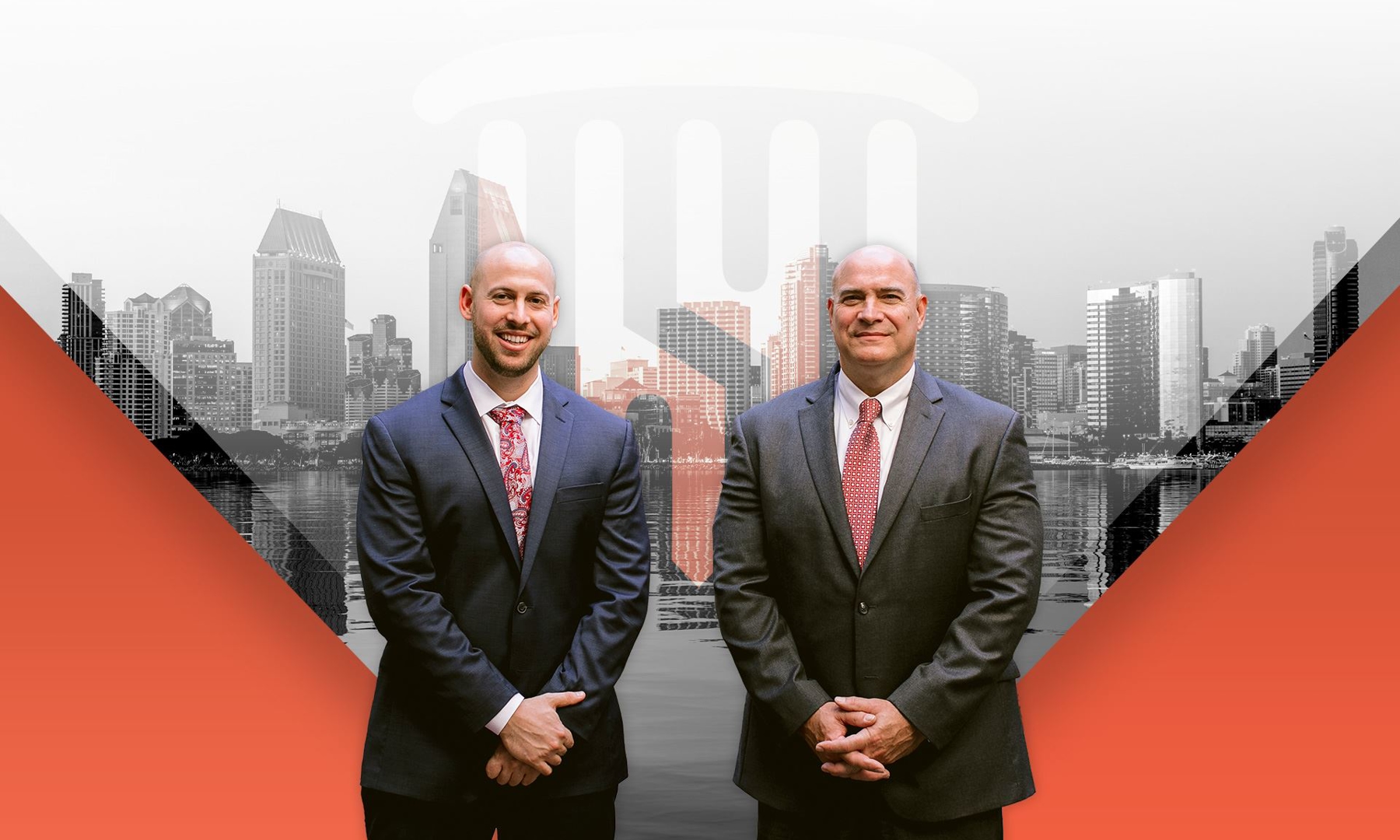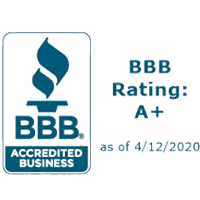
Ask the Attorney: Bankruptcy
Frequently Asked Questions About Bankruptcy
Here are answers to some questions we often receive from people contemplating bankruptcy. You most likely have questions about your specific situation as well, and we’re happy to answer them during a free consultation.
Call The Sexton Law Firm at (619) 202-8976 or send us a message with your question. We work with people throughout Southern California, with offices in Chula Vista and Oceanside.
What is Chapter 7 Bankruptcy?
Chapter 7 is a procedure under the U.S. Bankruptcy Code to obtain court protection of a person’s or business’s property, be relieved from paying certain debts, and liquidate assets that the debtor cannot exempt and keep. It is generally the simplest, quickest, and most common form of bankruptcy.
Who is Eligible to File a Chapter 7 Petition?
Individuals, couples, sole proprietors of unincorporated businesses, partnerships, and incorporated businesses are eligible. If you have previously filed and obtained a discharge in a previous bankruptcy case filed within 8 years, you are not eligible.
Do I Need a “Good Reason” to File a Chapter 7 Petition?
No, you do not have to prove any specific reason to file, though many people file because of unemployment or underemployment, a divorce, a work accident or other injury, or catastrophic medical expenses.
What is the Procedure Involved in a Chapter 7 Proceeding?
A bankruptcy starts with the filing of the official petition, schedules, and statement of financial affairs with the bankruptcy court. You list all of your property and debts, along with some recent financial history. As soon as you file for bankruptcy, creditors are prevented from trying to collect on your debts, through what’s called an “automatic stay.” The stay is designed to preserve your property and to give you a break from litigation.
Generally speaking, the assistance of a lawyer is needed in order to advise you concerning your rights and obligations in a Chapter 7 proceeding, and to prepare the necessary papers for filing with the court.
A trustee is appointed by the court to review the petition and to meet with you and your lawyer in order to determine if you own any assets besides what you are entitled to exempt and retain. If you have assets valued at more than what you can exempt, then the trustee takes control of it.
From the sale of your property, the trustee pays the administration fees and expenses of the case, and then disburses the remaining money (if any) to creditors according to the priority of the claims. However, in 98% of consumer cases, this doesn’t happen, and the debtor gets to keep everything they owned before filing. That is because property that is “exempt” isn’t legally available to pay the claims of creditors, and you can keep it, even though you filed bankruptcy.
How Does a Chapter 7 Proceeding Protect Me from My Creditors?
An injunction, commonly called “automatic stay,” is entered immediately upon the filing of the petition. It prevents all of your creditors from filing lawsuits, starting foreclosures or repossessions, or making direct contact with you concerning your accounts.
Secured creditors must file a motion to obtain permission from the court to foreclose or repossess property if you are not able to continue payments to them, but in the meantime, they cannot repossess or foreclose, no matter how far behind you are on the loan.
Tired of collection calls? They will stop, probably forever, when you file.
Will I Lose My House and Car If I File a Chapter 7 Petition?
If the property or car is not worth more than what you owe on it, plus your exemption allowance, you can generally retain ownership so long as you continue to pay the mortgage or lien holder. If you are not a homeowner, there are generous exemptions that you can use for anything.
How Much Does Bankruptcy Cost?
The court charges a $335 filing fee, which has to be paid when your petition is filed. Attorneys’ fees generally range from $1,500 in simple cases that do not involve a large number of creditors, up to $2,500. Attorneys’ fees increase in accordance with the complexity of the case and the number of creditors involved.
Do not be fooled by the bankruptcy “mills” advertising on television who promise to “start” your case for little or nothing down. The law requires that attorneys’ fees be paid in full before the case is actually “filed” in court.
We will start your case for a down payment and work out an affordable payment plan, if necessary, so look at the total cost before deciding whether to go with a mill. Many things can affect the total cost, but in most cases, our basic fee covers everything from start to finish.
We offer personalized service — we will know who you are, and you will not be a face lost in the crowd. If you are thinking of filing, stop paying your credit cards. Paying them is simply money down the drain that can be better used to get your case filed as soon as possible.
Will I Have to Go to Court?
No, not in most cases, but you will have to go to what is called a “341(a) hearing” or “meeting of creditors.” No judge will attend this meeting, and it will be in an office building, not in court. Your lawyer will be present with you. The purpose of the meeting is to give the trustee an opportunity to ask you questions under oath about your property and debts. Creditors can also question you on those subjects, but seldom do.
Generally, the only responsibilities you have after the bankruptcy 341(a) meeting is to assist the trustee in providing any additional requested information and to complete the final debtor financial management course.
What Happens After the 341(a) Meeting?
Creditors have a limited period of time after the 341(a) meeting to file litigation or take certain other actions, but this happens only infrequently. Creditors may also approach you about what is called “reaffirmation” of debts. Secured car lenders frequently want a formal written reaffirmation of the debt in order to permit you to keep your car and keep making payments.
Other unsecured creditors may offer deals for new credit based on reaffirming the existing balance on the card. In many (if not most) cases, you will hear nothing further until about 4 months later, when you get your discharge.
What is a Discharge and How Do I Get It?
If creditors haven’t filed a suit to stop you from getting out from under your debts within 60 days of the 341(a) meeting, the court will enter an order granting the “discharge” of all dischargeable debts that existed on the date the case was filed.
What Debts Are Discharged in Chapter 7?
Personal loans, credit cards, repossession deficiencies, auto accident claims (most), judgments (many), unsecured business debts, leases, guaranties, negligence claims, medical and doctor bills, some taxes, and unsecured debts are dischargeable.
What Debts Are Not Discharged in a Chapter 7 Proceeding?
Non-dischargeable debts include: Recent taxes; debts obtained through false pretense, fraud, embezzlement, or larceny; debts of over $500 for luxury goods or services obtained within 90 days of filing cash advances of more than $1,000 obtained within 90 days of the filing under a consumer credit arrangement; debts not listed in the schedules (possibly); child support and alimony; debts based upon willful or malicious injuries to personal property of another; fines or penalties owed to the government; government guaranteed educational loans (if less than 7 years from the date repayment fell due, including deferrals); debts based upon death or injury arising from debtor’s intoxicated operation of a motor vehicle; debts listed in prior bankruptcy where debtor was denied a discharge; homeowners association dues; and debts incurred to pay otherwise non-dischargeable taxes.
Any debts that were “reaffirmed” (such as car loans) survive the bankruptcy. The issue of whether a debt is dischargeable can be a complex one, and there are other variables and limitations beyond the exceptions described that should be discussed with your lawyer.
Who Will Be Notified that I Have Filed a Chapter 7 Petition?
Each of your creditors will be notified, and the Credit Bureau will normally be aware of your filing by checking the court records. Your employer is generally not notified.
Can My Employer Fire Me if They Find Out That I Filed a Chapter 7 Petition?
No. Federal laws prohibit your employer from firing you or discriminating against you simply because you have filed a proceeding under the Bankruptcy Code.
What Happens to Secured Debts Such as a Mortgage or Car Loan?
Long-term “secured” debt like mortgages also aren’t usually affected by bankruptcy. Most creditors with a security interest in real estate are happy to continue receiving payments on the debt, so long as the debtor continues to stay current. If you have used property you own to “secure” debt, you could also choose to “redeem” the property by paying the secured creditor the current value of the property in a single cash payment. If there is still money owed, it’s treated as an unsecured debt and goes away with your other debts.
You can also just give the property to the person to whom you owe the debt. The creditor can sell the property to pay some of the debt.
Even if the property isn’t worth what is owed on it, the unpaid balance is discharged in the bankruptcy. The other option, not discussed in the Bankruptcy Code, is to do nothing with respect to a lien on property. In California, if you continue to make car payments on a debt secured by a car, for example, the creditor cannot repossess the car.
What Effect Does a Chapter 7 Proceeding Have on Co-Signers?
If you have a debt that someone else has co-signed, your filing Chapter 7 will not protect the co-signer from the creditor. Although your legal obligation on the debt is discharged, the creditor may still look to the co-signer for payment.
How Does a Chapter 7 Proceeding Affect My Credit?
A credit reporting agency such as a Credit Bureau can report that you filed a Chapter 7 proceeding for a period of 10 years. If you have been late on your bills, Chapter 7 may only have little adverse effect on your credit, and after your discharge, you may even be solicited by banks for new credit cards! In most cases, assuming no further bad recent credit, you will be able to obtain car loans and even home loans within 2 to 4 years from the date of discharge.
Okay, I Think I’m Ready to Do This. What Do I Need to Bring to My First Appointment?
In order to evaluate your financial situation, and to qualify for our lowest fees, you should bring all of the following documents at the time of your first appointment:
- Credit card statements — most recent statements, sorted by creditor in date order
- Collection agency notices (if any)
- A list of any and all personal debts (loans from family, friends, etc.)
- All bills or statements or other evidence of the indebtedness (e.g., promissory notes, loan documents)
- Credit report(s) — if you have them (try to obtain one in advance)
- Tax return for prior year — if you haven’t yet filed, bring your W-2s and 1099s
- Tax delinquency notices
- Current (or most recent) Year to Date “YTD” pay stub, as well as 6 months most recent paycheck stubs
- If you are a homeowner, a copy of Homestead Declaration (if recorded) or deed (if not). Please try to find out current market value of your home. A realtor can usually give you a free “market evaluation” based on comparable properties in your area. You MUST know your current loan balance(s).
- If you are a renter, a copy of your rental agreement or lease
- Lawsuit papers (if applicable) — including copies of any judgment lien
- For all vehicles you own (whether title is held in your name or not), bring your title or registration. You must know the year, make, model, options, and approximate mileage so we can obtain the current book value. If you still owe money on any car loan, please bring your loan documents or payment book to show current balance.
We are a debt relief agency. We help people file for bankruptcy relief under the Bankruptcy Code.

Why Hire The Sexton Law Firm?
Get the Representation You Deserve
-
We Listen to Your Story and Create a Strategy to Achieve Your Goals
-
With offices in Chula Vista, Oceanside, and La Mesa, we serve clients throughout all of Southern California
-
We Offer Free Consultations - Regardless of the Legal Matter
-
We Offer Phone and Video Consultations For Your Safety and Convenience
-
We Are Bilingual and Serve Our Clients in English and Spanish
-
We Are a Family Owned and Operated Law Firm
Attorneys Dedicated to Protecting Your Legal Rights







